5 KEY TIPSFOR CHOOSING THE RIGHT WATER DISPENSER IN MALAYSIA
In today’s world, every Malaysian family embarking on the journey of setting up their first home is faced with the crucial task of ensuring their drinking water is not only safe but also having an appealing taste, especially for the children. This is vital for encouraging healthy hydration habits such as drinking more water from a young age. Given that water quality in Malaysia can be as diverse as our vibrant culture, this concern is increasingly prevalent.
Recognizing the frequency of this concern among families, our team at Snaptec has put together a guide detailing the five key factors you must consider before purchasing a water dispenser.
FILTRATION
The heart of every water dispenser is its filtration system, a feature that shouldn’t be compromised on, regardless of your budget. This choice will significantly influence the quality of water your family consumes. Let’s explore the most popular filtration options available in Malaysia.
Micro-Filtration (MF): This basic level of filtration is commonly found in more affordable units, typically those with single cartridges priced below RM300. MF systems effectively remove larger particles such as rust and dirt and usually include carbon filters to eliminate chlorine. While some MF filters can tackle bacteria, they do not remove viruses, necessitating boiling the water before drinking. Opt for this entry-level filtration if your needs are straightforward and budget is a primary concern.
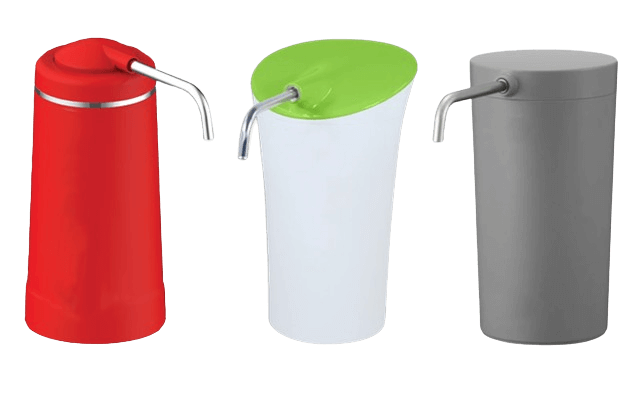
Ultra-Filtration (UF): Advancing a step beyond MF, ultra-filtration encompasses all capabilities of micro-filtration with the added advantage of virus removal. However, UF systems fall short in removing heavy metals, which could pose a risk due to increasing industrialization and farming. If your area has relatively clean tap water and heavy metals are not a major concern, UF filtration offers a robust upgrade from MF without a substantial price increase.
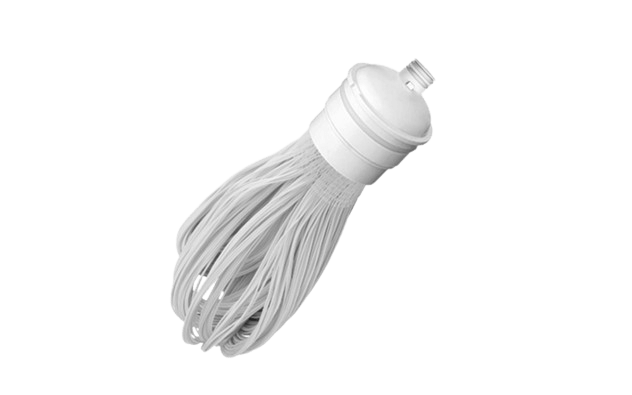
Reverse Osmosis (RO): Offering the most comprehensive filtration, RO systems eliminate all impurities, including heavy metals, mimicking the purity of distilled water. However, this process also strips water of essential minerals, potentially affecting taste and health due to its unnatural acidity(Carbonic Acid From Carbon Dioxide). While RO might seem ideal, it’s essential to consider its downside which is inefficiency (with about 70% of water wasted). We, along with WHO, advise using RO selectively—consider it only if absolutely necessary or in emergency situations. Here’s a quote and link from WHO that advises against long term consumption of demineralized water like RO water and distilled water. Here’s a quote from them below:
“Results of experiments in human volunteers evaluated by researchers for the WHO report (3) are in agreement with those in animal experiments and suggest the basic mechanism of the effects of water low in TDS (e.g. < 100 mg/L) on water and mineral homeostasis. Low-mineral water markedly: 1.) increased diuresis (almost by 20%, on average), body water volume, and serum sodium concentrations, 2.) decreased serum potassium concentration, and 3.) increased the elimination of sodium, potassium, chloride, calcium and magnesium ions from the body.” (https://www.who.int/publications /i/item/9241593989)
World Health Organization
Nano Filtration: Seen in more premium water purifiers, particularly those from top Korean brands, nano filtration combines the thoroughness of UF with the ability to remove heavy metals, all while retaining beneficial minerals. This technology represents the future of water filtration, offering superior performance with minimal drawbacks, albeit at a higher cost.
Disruptor® Filtration: Utilizing similar technology to nano filters but enhanced with silver activated carbon, Disruptor® stands out for its versatility. These filters not only meet the high standards of nano filtration but can also function independently, providing exceptional purification on their own. Ever seen one of those water filters used for camping that can filter water from any river or lake and make it safe for drinking? It probably has a Disruptor® filter in it. The Disruptor® filter is made in the USA and hence costs a bit more. However, if you want the absolute best, look no further.
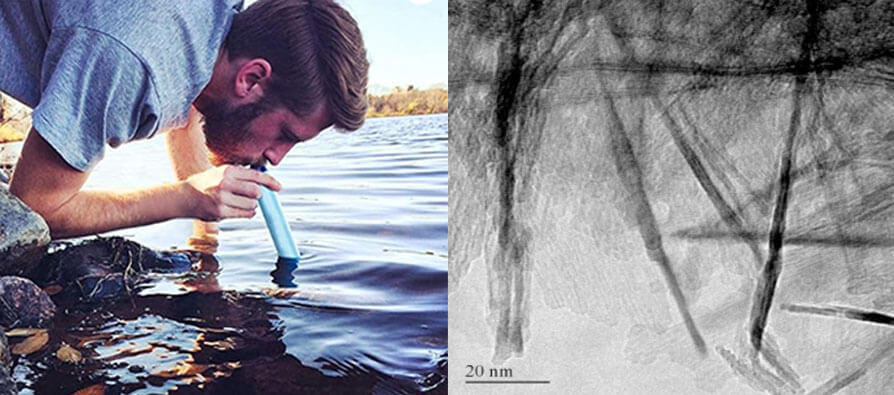
Note on Water Taste: Can you discern the nuances in flavour when sipping water from various sources? If you can, you’ll certainly prefer water that is pleasant on your taste buds. Pleasant tasting water is more likely to be consumed regularly, which is crucial for hydration. This is especially true for children, who are more inclined to drink water that tastes good. From our range, Micro-Filtration (MF), Nano Filtration, and Disruptor® filters provide the best taste experience. These systems excel due to their effective chemical removal, retention of beneficial minerals, and the quality of their filter media. Some manufacturers take an extra step to enhance the palatability of water by adjusting their filters with a mix of minerals, such as calcium and magnesium, known to improve water’s taste. If ensuring that your drinking water is both healthy and enjoyable is a priority for your family, opting for one of these advanced filtration systems can significantly elevate your daily water intake and hydration experience.
MAINTENANCE
It’s widely recognized that the ongoing quality of a water dispenser’s output is only as good as its maintenance—not just when it’s new but throughout its lifespan. Maintenance is a crucial aspect of ensuring your water dispenser continues to provide safe and clean water. Here are the maintenance plan options typically available when purchasing a water dispenser in Malaysia:
No Maintenance Plan: Under this plan, you are responsible for purchasing and replacing the filters yourself. It’s vital to understand the costs and filter lifespan upfront. Many suppliers specify a time-based schedule for filter changes, such as every six months. However, this method can be imprecise. We recommend consulting with your supplier about the amount of water each filter can purify (e.g., 1,000 liters) and tracking your household’s water usage to determine the optimal time for a filter change. To ensure safety, consider changing the filter when you’ve used approximately 80-90% of its rated capacity.
Self Maintenance Plan: With this option, suppliers send new filters to your home at regular intervals, and you perform the replacement. This plan incorporates the convenience of not needing to shop for filters with the responsibility of timely maintenance. Costs are often included in the initial purchase or spread out in installments, removing concerns about unexpected expenses. However, like the no maintenance plan, this method often relies on s generic timeline(e.g., every 6 months), which might not align perfectly with your actual usage.
Full-Board Maintenance Plan: This comprehensive service is common for high-end models and involves regular visits from the supplier’s maintenance team. Traditionally, companies would schedule these visits every six months, but there’s been a competitive push towards more frequent visits—some as often as every two to three months. It’s essential to understand that these visits are mainly for inspection; actual filter changes only occur when necessary. If frequent maintenance visits align with your preference for hands-off upkeep, this might be the ideal option for you.
Full-Board Hybrid Maintenance Plan: Unique to our company Snaptec, this plan leverages our patent pending IoT technology to tailor maintenance specifically to your water usage, setting it apart from more generic plans. We schedule maintenance visits every six months or after 3,000 litres of water use, whichever comes first. Our intelligent systems monitor your dispenser in real-time, ensuring that maintenance and filter changes are perfectly timed to your needs, providing peace of mind and optimal functionality without any waste.
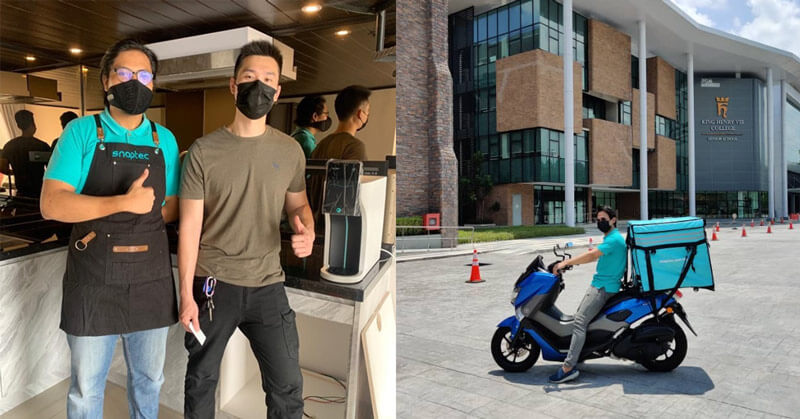
HEATING & COOLING
Having instant access to both hot and cold water at the press of a button or pull of a lever is one of the primary conveniences of owning a water dispenser. It’s like having a personal butler always ready to serve you water at just the right temperature. Advances in technology have brought us various methods to heat and cool water, each with its own set of advantages and drawbacks. Here, we explore the differences between tankless and traditional tank heating technologies.
Tankless Heaters:
Regarded as one of the most significant advancements in water purification technology over the past five years, tankless heaters operate similarly to instant shower heaters but are designed to reach much higher temperatures. They heat water on demand, which means you no longer need to store hot water in a tank.
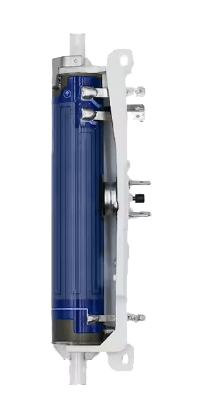
Benefits | Drawbacks |
|---|---|
Energy Efficiency: Uses significantly less energy than traditional tank heaters as it heats water only when needed. | Dependence on Water Supply: Unable to dispense hot water during a water cut or if the water pressure is extremely low. |
Adjustable Temperature: Offers multiple temperature settings, from warm to very hot, catering to different preferences and needs. | |
Unlimited Hot Water: Provides a continuous supply as long as there is water and power, ensuring you never run out. | |
Compact Design: Smaller than traditional units, saving valuable space in your home or office. |
Tank Heaters:
This traditional method involves heating water stored in a tank, which is kept constantly hot (but below boiling) by a heating element. This technology is widespread in both residential and commercial settings.
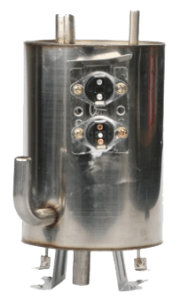
Benefits | Drawbacks |
|---|---|
Reliability: Provides hot water even during a water cut or when water pressure issues arise, thanks to the stored water. | Higher Energy Consumption: Constantly heats water, leading to higher electricity usage. |
Limited Supply: The amount of hot water available is restricted by the tank size, which can be an issue in high-demand situations. | |
Fixed Temperature:Traditional tank heaters often offer only one temperature setting, typically set to keep water hot but not boiling. This can be inconvenient if you require warm water, as you may need to mix it with room temperature or cold water to achieve the desired temperature | |
Size: Generally larger than tankless systems, requiring more space. |
Compressor Cooling
In Malaysia, compressor-based cooling systems are the most prevalent cooling technology found in water purifiers. These systems employ technology akin to what’s used in refrigerators and air conditioners.
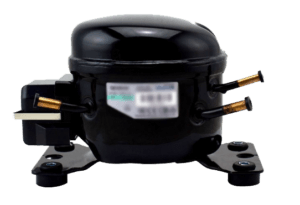
Benefits | Drawbacks |
|---|---|
Robust Cooling Capacity: Excellent for cooling larger volumes of water, making it suitable for environments where the demand is high. | Higher Energy Consumption: Compressor systems consume more power compared to other technologies. |
Consistent Supply: Ensures availability of cold water because of its storage tank, even during disruptions in water supply, much like tank heaters. | Maintenance Requirements: Occasionally, the refrigerant gas in these systems may need to be replenished. |
Thermoelectric Cooling
A more recent innovation, developed over the last five years, utilizes a thermoelectric chip or Peltier system. This technology is paired with superior insulation and typically features a smaller tank, usually around 1 liter or less.
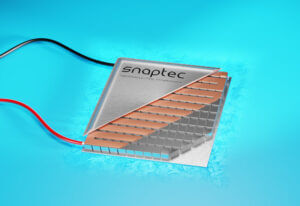
Benefits | Drawbacks |
|---|---|
Energy Efficiency: Consumes about 50% less energy than traditional compressor cooling systems, leading to lower electricity bills. | Limited Dispensing Capacity: Not ideal for settings requiring large volumes of cold water quickly, such as large offices. |
Rapid Cooling: Provides faster cooling due to smaller, well insulated tanks | |
Minimal Maintenance: Does not require refrigerant gas, simplifying maintenance and enhancing its environmental friendliness. |
A Note on Ice Making Capability
Some advanced water dispensers come equipped with ice-making features, adding a layer of convenience by dispensing ice directly. This is perfect for those who prefer not to handle ice trays or want quick access to ice without additional fuss. The ice-making feature can lead to higher power consumption. Note that many modern refrigerators also include ice makers, which may negate the need for a dispenser with this capability.
A Note on Tankless Cooling
True tankless cooling technology is still a developing field. Currently, only one manufacturer have successfully implemented this technology, which offers zero energy consumption when not actively dispensing water. Our tests have shown that while it does function, the flow rate can be slow, particularly under Malaysia’s warm conditions. It is also inefficient and wasteful. For every milliliter of cold water dispensed, an additional three milliliters are used to cool the system. This in itself negates the benefits somewhat.
RUNNING COSTS
Understanding the running costs associated with water dispensers is critical, yet it’s often an overlooked aspect of the decision-making process. When choosing a water dispenser or purifier, one of the primary expenses to consider is the energy or electricity costs—your TNB (Tenaga Nasional) bill in Malaysia.
Rather than delving into technical jargon about Amperes (A), Watts (W), kWh, and TNB rates, we provide a straightforward guide to help you gauge how much a water dispenser might add to your monthly electricity bill based on its heating and cooling technology:
- Tank Hot Water, Compressor & Tank Cold Water: Approximately RM32 per month.
- Tankless Hot Water, Compressor & Tank Cold Water: Approximately RM18 per month.
- Tankless Hot Water, Thermoelectric Cold Water: Approximately RM8 per month.
- Water Dispenser with Eco Mode: Expect to reduce the above costs by an additional 25-30%.
These figures illustrate that opting for a water dispenser with lower initial costs doesn’t always equate to savings. In fact, investing in a more modern, energy-efficient model can significantly decrease ongoing expenses. Such models not only help in reducing your utility bills but also tend to include enhanced features that benefit your entire family over the long haul.
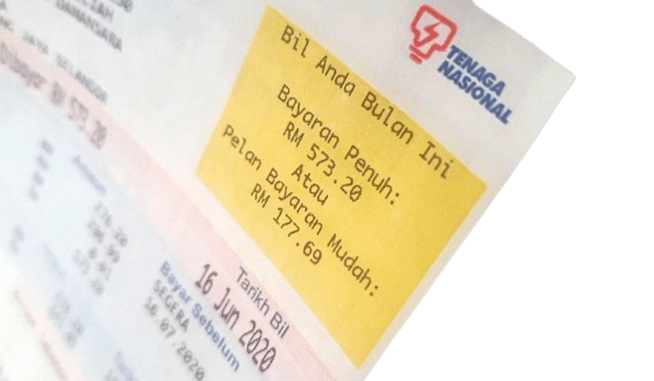
CERTIFICATION
When selecting a water dispenser in Malaysia, it’s crucial to consider various certifications that guarantee the quality and safety of the product
For Filtration: Ensure the system has either NSF (National Sanitation Foundation) or WQA (Water Quality Association) ANSI (American National Standards Institute) certification. These certifications confirm that the filtration technology adheres to specific safety and performance standards.
For Piping & Connector Material Safety: Also look for NSF or WQA ANSI certification. This ensures that the materials used for water contact are safe and do not leach harmful substances into your drinking water.
For HALAL: Particularly important for our muslim friends, seek out Jakim’s HALAL certification or any international HALAL certification recognized by Jakim.
For Electronics: Look for SIRIM (Standards and Industrial Research Institute of Malaysia) certification, which validates that the electronic components meet safety and quality standards
So, knowing what features to look for when getting a water dispenser or water purifier is one thing, but actually doing research and committing to a purchase is another thing altogether. But don't worry, we're here to help..

We fully understand the challenges you encounter when choosing a trustworthy water purification system amidst a plethora of information and various sales pitches. At Snaptec, our mission is deeply rooted in developing the ultimate water dispenser solution, thoughtfully designed by Malaysians for our fellow Malaysians. Our commitment goes beyond our innovative product designs; we are dedicated to fostering an environment of transparency and trust. We actively share our deep expertise and valuable industry insights to empower you as an informed consumer, rather than hoarding this knowledge as trade secrets.
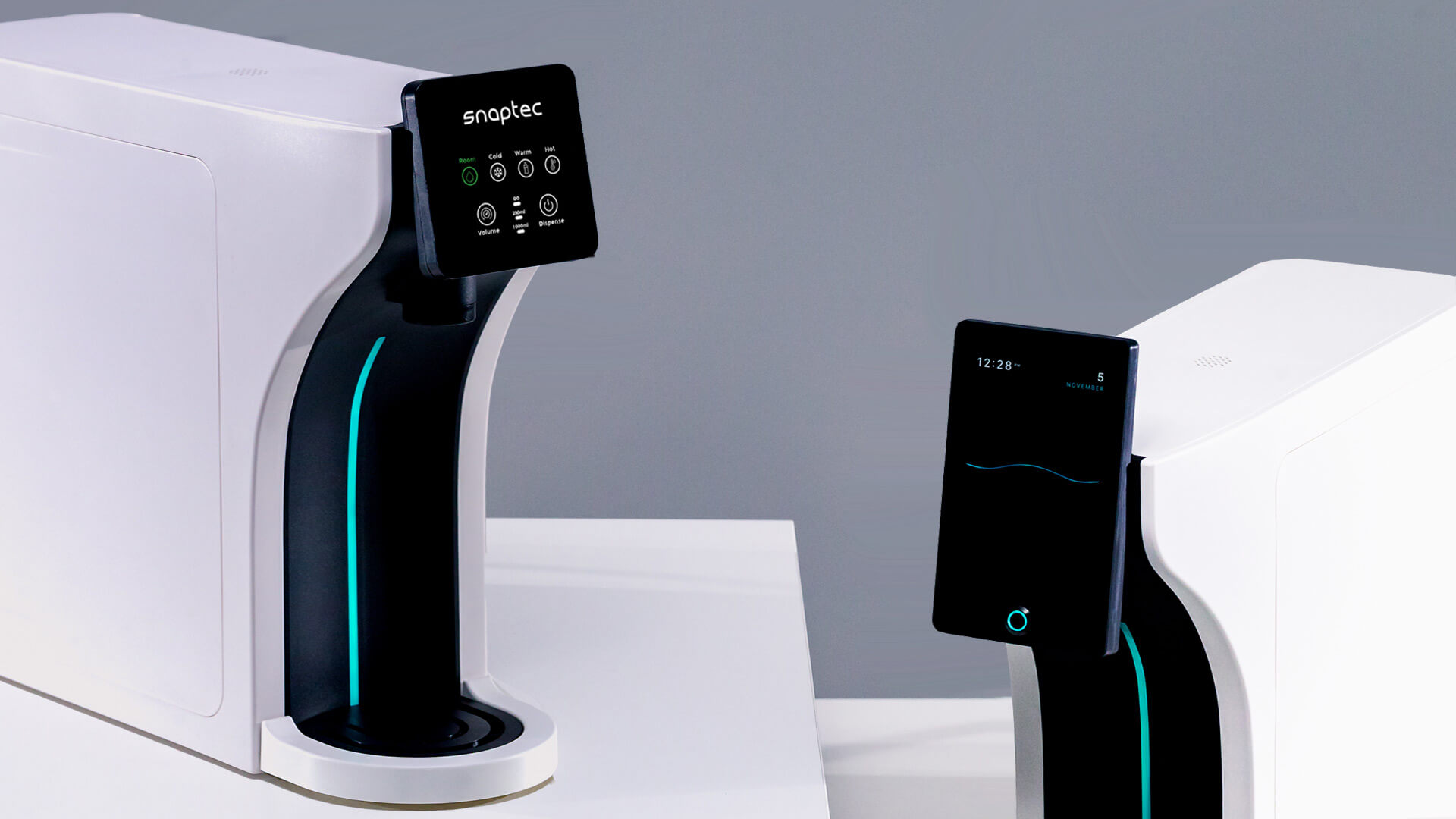
We proudly introduce the Smart Aurra Water Dispensers — our pioneering solution to your family’s hydration needs, blending state-of-the-art technology with user-friendly functionality. All Aurras come with Disruptor® filtration, hassle free full-board hybrid maintenance, tankless heaters, thermoelectrics coolers, have the lowest running cost, and are certified by all relevant bodies.
Want to see how we can fulfill your family’s hydration needs without any hassle on your part?
BENEFITS YOU CAN EXPECT
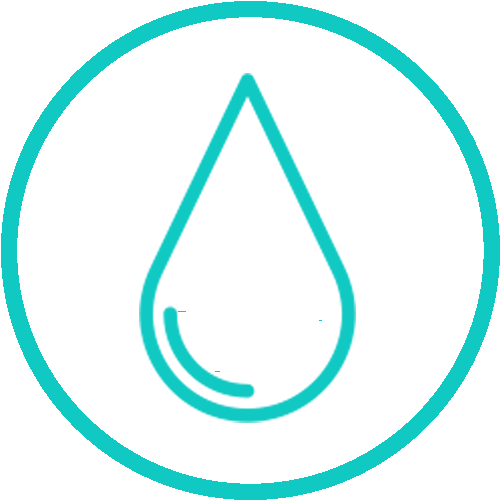
Exceptional Water Quality & Taste
Experience the world’s premier filtration system with Disruptor®, fine-tuned with minerals to enhance the taste of your drinking water, specifically for Malaysia

HASSLE & WORRY FREE EXPERIENCE
We manage everything from installation to optimizing your maintenance cycle and providing regular servicing. All you need to do is sit back and enjoy your water
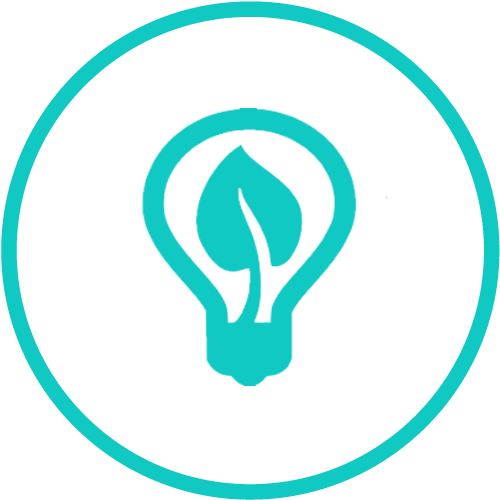
LOWEST RUNNING COSTS IN MALAYSIA
Our Aurra Water Dispensers are engineered from the ground up for minimal electricity use, helping you save thousands on your electricity bills
WHAT OUR CUSTOMERS SAY




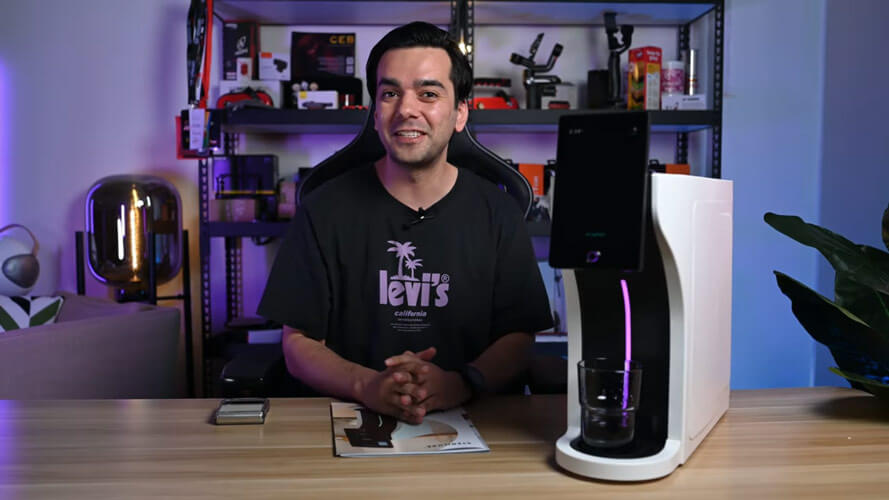
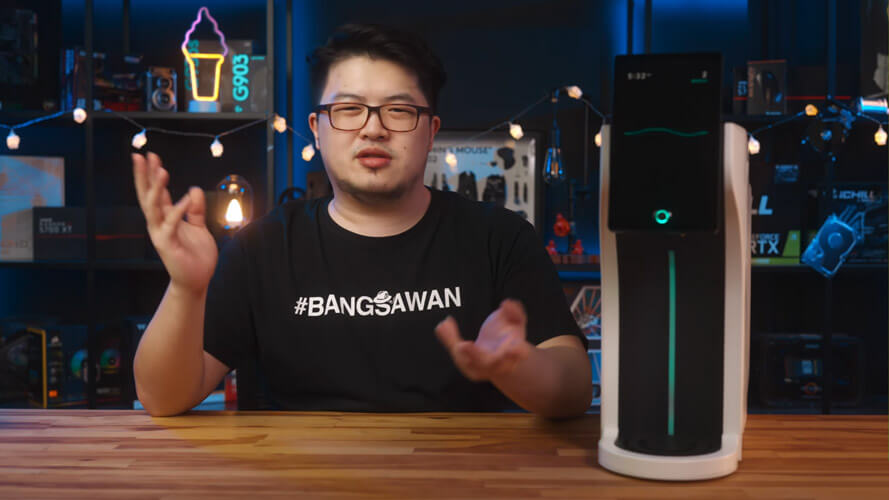
SCHEDULE YOUR DEMO
What We Cover In Our Demo
- The World Famous Disruptor® Filtration System
- Benefits Of A Tankless Water Dispenser
- What Is Different About Our Hybrid Maintenance Technology
- How Your Aurra Evolves With Ongoing Feature Enhancements
- The Running Costs Of A Water Dispenser & How To Avoid It
- How We Keep The Aurra So Affordable In The Malaysian Market


Rated 4.9/5 Stars
By Thousands Of Real Customers On Google, Lazada, Shopee



Local & Global Awards:




AT A GLANCE




Filtration

Maintenance

Hot Water

Temperature

Consumption

Sterilization
Cooling


Dispense
Connect App


Touchscreen
Automatic Updates


Ambient Lighting

Hydration Tracking

See how we can fulfill your family’s hydration needs without any hassle and hidden costs on your part

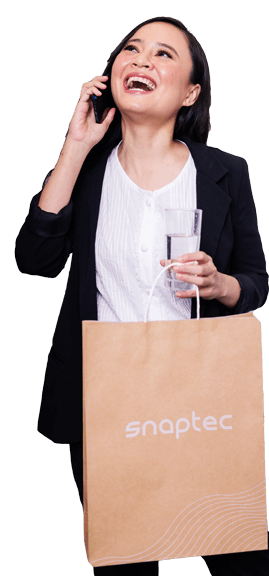

They have apps to keep track of how much water you drink/per day.Technician and customer service are amazing. 5 stars for their services.
I will strongly recommend this machine.